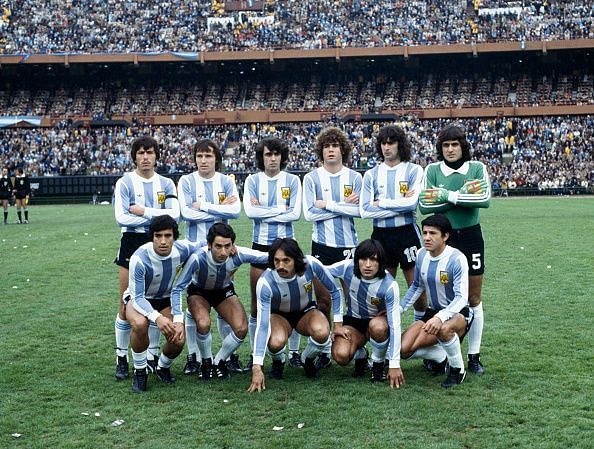
Argentina 1978 - The Unfair Home Advantage
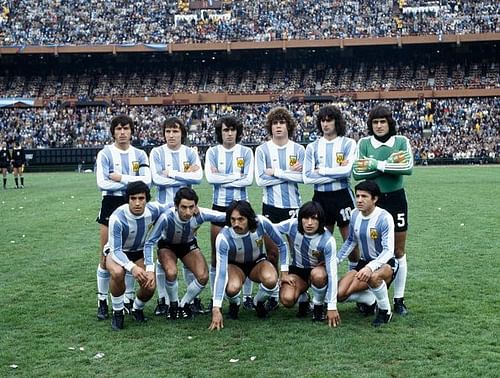
The 1978 football World Cup was an extraordinary event, marked by the victory of the Argentina national football team at Buenos Aires. Their iconic blue and white attire, the loud cheer of more than 70,000 fans and the glory of winning at the Monumental— was an absolute sight to behold— for their nation and those times.
The Albiceleste (Argentinian team) was a talented group of footballers, led by the talismanic Mario Kempes. Reminiscing memories of this event seem glorious however they were in the shadow of a darker setting.
Dictators and Revolutions: Argentina's Fate
In 1966, Argentina was a rising economy with a prolific background in football. Football unified the citizens of the nation in a way that that nothing else at that time could. The passion associated with the sport became a major reason for FIFA to have allotted the hosting rights to Argentina. The entire nation was enthused, and its symbolic proof was President Juan Perón’s iconic salute which was immortalized in the ’78 World Cup logo.
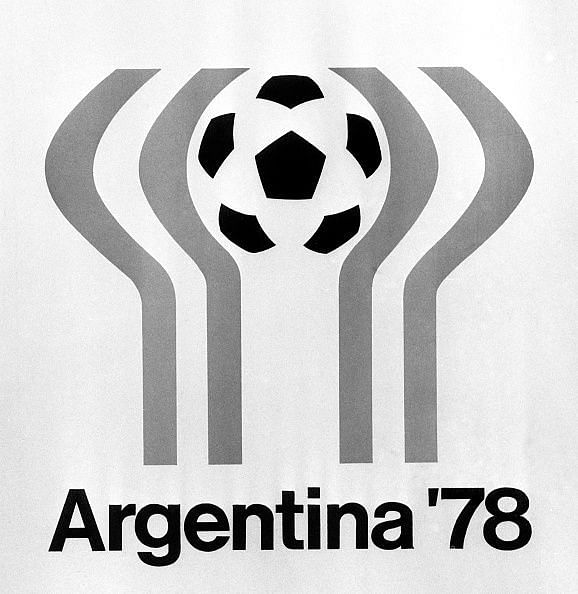
However, things turned ugly in the due course of a decade. The country went through a civil war known as the 'Dirty war' and a military coup which overthrew the Perón Dictatorship. The president was replaced by General Jorge Videla who instated a martial law in the country.
The military was responsible for various human rights violations including the disappearance of more than 30,000 people who were mostly antimilitarism protesters. The country was now left in no state to organise an event as large as the World Cup.
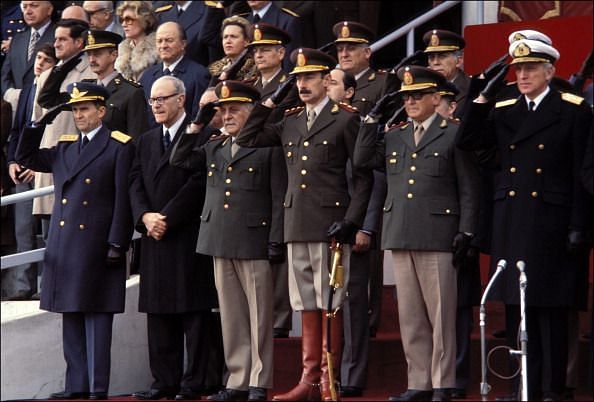
When the World Cup finally arrived, all expectant eyes were on Argentina. Videla's government used it as a perfect tool to unify the country and get themselves back in the good graces of other nations. Though many countries, notably The Netherlands — publicly considered boycotting the tournament due to the political turmoil — every nation registered themselves without any pre-conditions.
Cheers echoed for the Albiceleste in every part of Buenos Aires including the concentration camp of the naval mechanics school. The people of Argentina chose to forget the horrors with awe of the spectacle of the World Cup in sight. The government's plan to distract the world was working. But Videla wanted the euphoria to continue long after the tournament; however, that was conditioned upon Argentina’s victory.
The Junta's World Cup
The tournament was marred with controversies, with the likes of corrupt officiating and death threats that gave the Albiceleste some advantage. It was reported that Videla himself threatened Argentine striker Leopoldo Luque after a poor performance against Hungary. A French player even overheard the referee warning Argentine defender Daniel Passarella to stop the rash tackling for him to not give a card to any Argentine player.
The most controversial match, however, was the second round face-off against Peru where Argentina had to win by 4 goals to qualify for the finals. The government was in full form with rumours of bribery being offered to the Peruvian national team; unfreezing of Peruvian bank accounts in the Argentine central bank, and most hauntingly, the release of 13 Peruvian outlaws exiled in Argentina to the Peruvian government.
Peru entered the game with a special visit from President Videla wishing them “best of luck” for the game. The match became more and more absurd by the minute with the referee making dubious calls and the Peruvian Coach substituting his best player off the pitch. The match ended with Argentina winning 6-0 and qualifying for the World Cup Final.
The final: The Flying Dutchmen vs Argentina
The stage was set and it was the moment the whole country was eagerly waiting for. It was the World Cup Final at the Monumental with 70,000 fans cheering for the Albiceleste. Argentina were facing the Netherlands who were the finalists during the 1974 World Cup and were undoubtedly the best team of the '70s, revolutionizing the beautiful game with their possession-based football which was way ahead of its time.
The Dutch though dealt with the shorthand of the straw with their captain and talisman Johan Cruyff who many believed was opting out by taking a political stance against Videla's regime. But it was later declared by Cruyff himself that his family suffered a kidnap threat and had to skip the World Cup due to security reasons.
The final itself started late with the Albiceleste taking their time to come on to the pitch. The match was further delayed when the Argentine players had a problem with René Van de Kerkhof and the cast which protected his injured wrist. The match started only when De Kerhoff's cast was replaced with additional bandages.
The match itself was not the best, as there were a ton of fouls accompanied by a very hostile environment. The match went through extra time with Mario Kempes scoring a brace for Argentina winning the World Cup for the first time in its history. The country celebrated like never before, and it all ended with President Videla handing the world cup trophy to the Albiceleste Captain Daniel Passarella.
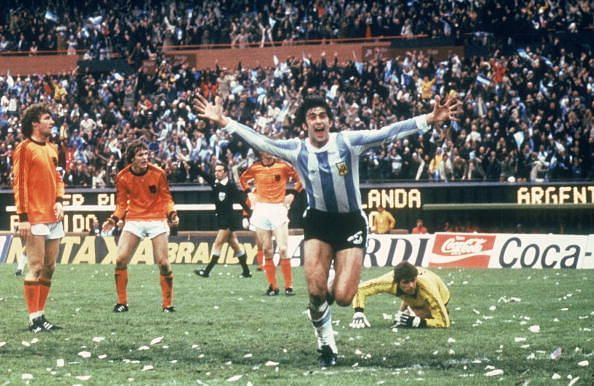
The final itself started late with the Albiceleste taking their time to come on to the pitch. The match was further delayed when the Argentine players had a problem with René Van de Kerkhof and the cast which protected his injured wrist. The match started only when De Kerhoff's cast was replaced with additional bandages.
The match itself was not the best, as there were a ton of fouls accompanied by a very hostile environment. The match went to extra time with Mario Kempes scoring a brace for Argentina winning the World Cup for the first time in its history. The country celebrated like never before, and it all ended with President Videla handing the World Cup trophy to the Albiceleste Captain Daniel Passarella.